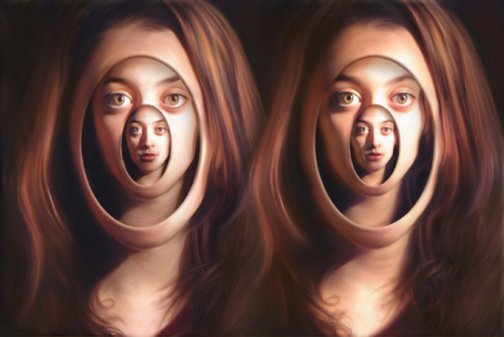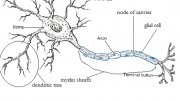
Is any disease or condition that abnormally influences the way a person thinks, feels, behaves, or relates to others and to his or her surroundings. Although the symptoms of mental illness can range from mild to severe and are different depending on the type of mental illness, a person with an untreated mental illness often has difficulty coping with life's daily routines and demands.
What Causes Mental Illness?
The exact cause of most mental illnesses is not known. It is, though, becoming clear through research that many of these conditions are caused by a combination of genetic, biological, psychological, and environmental factors - not personal or a character defect - and recovery from a mental illness is not simply a matter of will and self-discipline.
Heredity (genetics): Many mental illnesses run in families, suggesting they may be passed on from parents to children through genes. Genes contain instructions for the function of each cell in the body and are responsible for how we look, act, think, etc. However, just because your mother or father may have or had a mental illness doesn't mean you will have one. Hereditary just means that you are more likely to get the condition than if you didn't have an affected family member. Experts believe that many mental conditions are linked to problems in multiple genes - not just one, as with many diseases - which is why a person inherits a susceptibility to a mental disorder but doesn't always develop the condition. The disorder itself occurs from the interaction of these genes and other factors - such as psychological trauma and environmental stressors - which can influence, or trigger, the illness in a person who has inherited a susceptibility to it.
Biology: Some mental illnesses have been linked to an abnormal functioning of circuits that connect different regions that control thinking, mood, and behavior. Nerve cells within those circuits pass information along from one cell to the next through brain chemicals called neurotransmitters. Scientists think that by altering the activity of certain neurotransmitters (through medicines, , stimulation, or other treatments), those faulty brain circuits may work more efficiently, thereby controlling symptoms. In addition, defects in or injury to certain areas of the brain also have been linked to some mental conditions. Also, recent studies show inflammation may have a role in the development of mental illness.
Psychological trauma: Some mental illnesses may be triggered by psychological trauma suffered as a child or teenager, such as
















